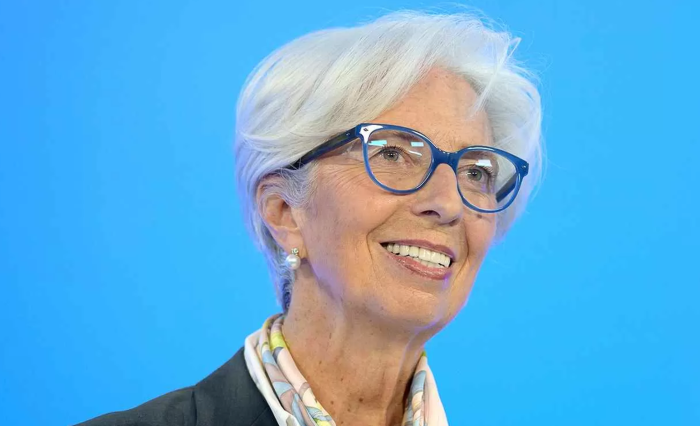
The European Central Bank president, Christine Lagarde, has cautioned that the fragmented state of the global economy is likely to persist, and this sentiment echoes the discussions held at the International Monetary Fund and World Bank spring meetings last week.
If geopolitical instability and supply disruptions continue, it will be increasingly challenging, perhaps even impossible, for policymakers to maintain stable economies.
Lagarde has noted that the global economy is dividing into competing blocs that seek to pull the rest of the world closer to their strategic interests and shared values.
This contrasts with the period following the Cold War, where a U.S.-led international order prevailed, and global supply was more elastic. The pandemic and the Ukraine war have already resulted in significant disruptions to the global supply chain. The deepening tensions between China and the United States and climate concerns could make these types of challenges more frequent.
In this new era, policymakers should prioritize resilient supply chains with allies and diversify energy production. Agustín Carstens, the general manager of the Bank for International Settlements, has supported Lagarde’s remarks and emphasized the need to focus on the supply side of the economy.

